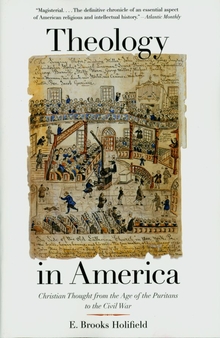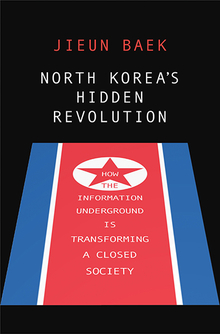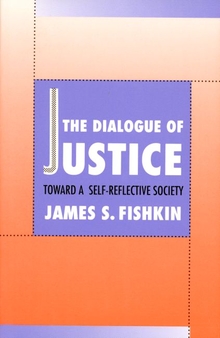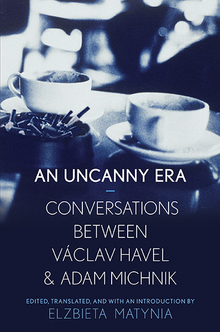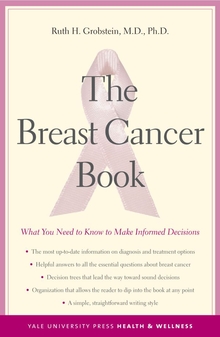Theology in America
WARNING
You are viewing an older version of the Yalebooks website. Please visit out new website with more updated information and a better user experience: https://www.yalebooks.com
Christian Thought from the Age of the Puritans to the Civil War
E. Brooks Holifield
A magisterial work of American theological history—authoritative, insightful, and unparalleled in scope
This book, the most comprehensive survey of early American Christian theology ever written, encompasses scores of American theological traditions, schools of thought, and thinkers. E. Brooks Holifield examines mainstream Protestant and Catholic traditions as well as those of more marginal groups. He looks closely at the intricacies of American theology from 1636 to 1865 and considers the social and institutional settings for religious thought during this period. The book explores a range of themes, including the strand of Christian thought that sought to demonstrate the reasonableness of Christianity, the place of American theology within the larger European setting, the social location of theology in early America, and the special importance of the Calvinist traditions in the development of American theology. Broad in scope and deep in its insights, this magisterial book acquaints us with the full chorus of voices that contributed to theological conversation in America’s early years.
E. Brooks Holifield is Charles Howard Candler Professor of American Church History, Candler School of Theology, Emory University. He is former president of the American Society for Church History and the author of several books on American religious history including Era of Persuasion: American Thought and Culture, 1521–1680.
An alternate selection of the History Book Club
Publication Date: March 11, 2005

